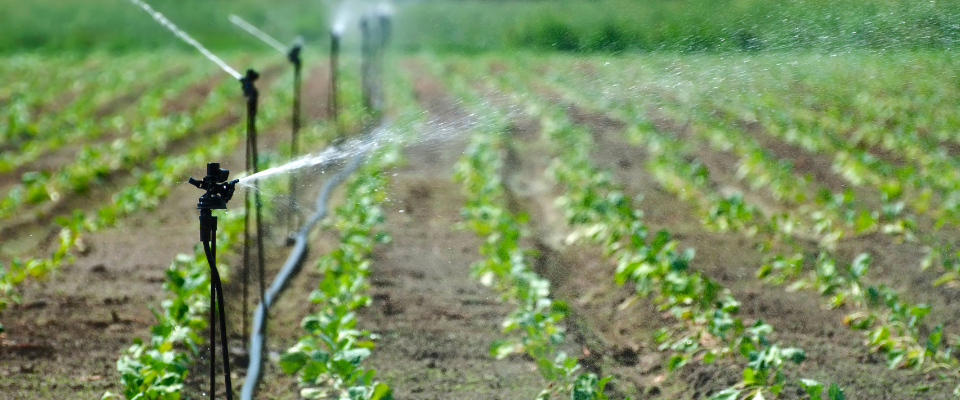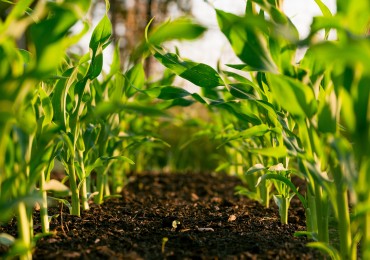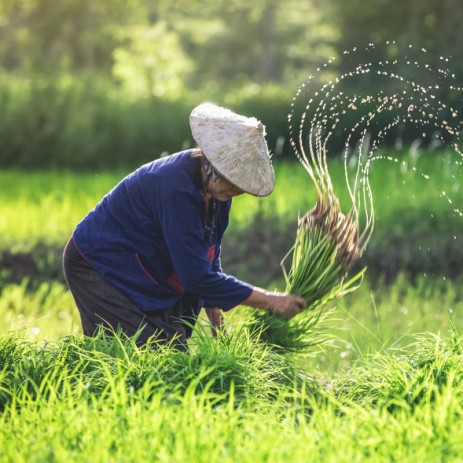news
Agricultural Modernization by Fertigation: Boosting Productivity and Sustainability
30 Apr 2024
Every country has a responsibility to ensure its people have easy access to nutritious and sufficient food. However, producers face various challenges to serve food needs such as low performance of farm workers, high costs of farm labor, and even scarcity of labor resources in some areas. This makes it difficult for the agricultural sector to develop in terms of profits and resources.
Agriculture is not only about providing food, but it must also include a business that provides profits for those involved. In increasing agricultural productivity, there needs to be the adoption of technology to increase production efficiency, one of which is the fertigation system.
The fertigation system is an agricultural method that combines irrigation techniques with direct fertilization of plants via irrigation water. Literally, "fertigation" is a combination of the words "fertilization" and "irrigation". The main aim of a fertigation system is to increase agricultural productivity by providing proper and timely nutrition to plants.
The main benefits of the fertigation system are as follows:
- Efficient Use of Nutrients: This system allows farmers to apply nutrients directly to plant roots, thereby reducing the possibility of nutrient waste and increasing the efficiency of fertilizer use.
- Good Nutrient Control: Farmers can control the amount of nutrients given to plants according to their specific needs. This helps prevent excess or lack of nutrients that can affect crop growth and yield.
- Water Savings: Because nutrients are injected directly into the plant's root zone, a fertigation system can help reduce the amount of water used in the irrigation process.
- Increased Productivity: Providing proper and optimal nutrition, plants can grow healthier, stronger, and produce better harvests in the long term.
- Pest and Disease Control: The fertigation system is also equipped with the use of pesticides and fungicides which are administered through irrigation water, so that it can help control pests and plant diseases more effectively.
Overall, fertigation systems can help farmers increase productivity, resource use efficiency, and crop quality by providing better nutrition and control to plants. By adopting a fertigation system, it is hoped that Indonesian agriculture can continue to innovate and contribute to meeting global food needs in a more efficient and sustainable way.
 Back To List
Back To List




